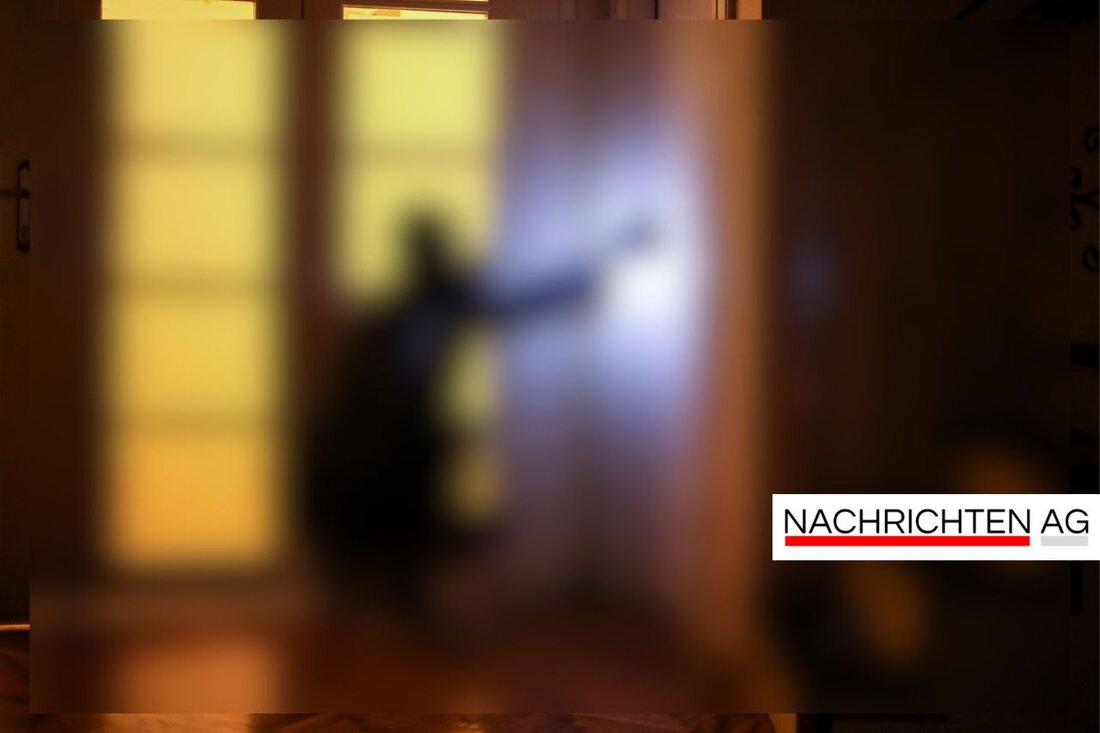Leipzig Cold Case Unit: Hunt for rapists in Rosental started!
The Leipzig Cold Case Unit specifically takes a closer look at unsolved crimes, including sexual offenses and murders.

Leipzig Cold Case Unit: Hunt for rapists in Rosental started!
The Leipzig criminal police have taken a significant step in solving unsolved crimes by establishing a new commission for old cases, the so-called Cold Case Unit. This new unit deals with cases that have not been solved using traditional investigative methods. The Cold Case Unit has currently taken on more than a dozen unsolved crimes, including the rape of a jogger in Rose Valley on August 31, 2017. The suspect, a 33-year-old man, was recently identified through a DNA hit following a break-in in February 2023. In addition to rape, he is also accused of committing several assaults in 2016 and 2017 lvz.de reported.
The Cold Case Unit’s motto is “No victim is forgotten.” This new department will work in direct collaboration with the regular homicide investigators in the police department and will focus specifically on unsolved homicides and open missing person cases where homicide is suspected. In Leipzig, the clearance rate for murder and manslaughter cases has been almost 100 percent in recent years. Murder does not have a statute of limitations, so the files on these cases are never closed, which means that investigators also work on cases that have been temporarily closed by the public prosecutor's office. The archives contain several murders between 2015 and 2016, including the killings of Farhad S., Rocco J. as well as Maria D. and Anja B. lvz.de.
Digital support in education
Digitalization plays a crucial role in solving cold cases. In Baden-Württemberg, the files of unsolved serious crimes have been digitized since 2021 in order to enable a systematic review of old cases. Loud swr.de In Heilbronn, almost all files from around 500 cold cases have already been digitized. Digitalization enables investigators to quickly search through evidence and documents and display relationships. Despite these technological advances, challenges remain because previous investigators have not always handled evidence sensitively.
Similar developments can also be seen in Switzerland, where the Cold Case Unit reopened several old cases. A notable case is the murder of Leslie Preer, which was solved after 23 years through the use of new DNA technologies. A suspect, Eugene Gligor, was identified after DNA evidence was matched to genealogy databases. This shows how modern technologies can advance crime solving 20min.ch.
Future prospects
The establishment of the Cold Case Unit in Leipzig is part of a larger trend in which more and more police departments are dealing with solving unsolved crimes. Such units are crucial not only for solving crimes, but also for supporting victims' families. Research shows that processing and the opportunity to take a fresh look at the case can provide some form of justice and closure for many families. The new methods and digital support offer great hope for solving further old cases.

 Suche
Suche
 Mein Konto
Mein Konto
